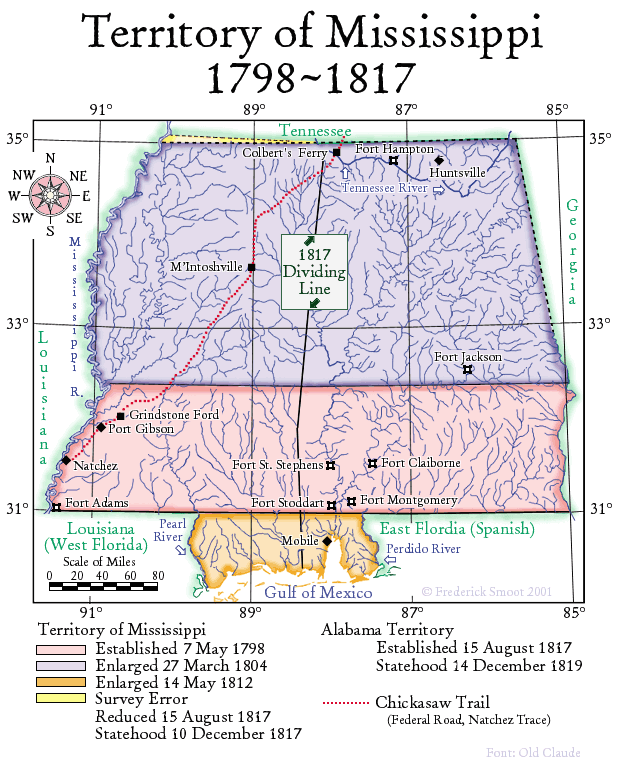
December 10
1508 The League of Cambrai: Pope Julius II, Holy Roman Emperor Maximilian I, Louis XII of France and Ferdinand II of Aragon plot to attack Venice.
1520 Martin Luther publicly burn the papal bull excommunicating him.
1768 The Royal Academy of Arts is founded in London by George III.

1845 The first pneumatic tires are patented by Scottish civil engineer Robert Thompson.
1851 Birth: Melvil Dewey, librarian; will invent the Dewey decimal book classification system.
1868 London's first traffic lights are installed in Westminster, to help MP's get to the House of Commons. Red and green lanterns, illuminated by gas, are manually operated by the police. (Bradley)
1869 The governor of the Wyoming Territory signs the first legislation granting women the right to vote.
1887 Two and a half year old Gustav Hitler dies of diphtheria.

1898 Death: Alfred Nobel, Swedish industrialist, philanthropist and inventor of dynamite. His will stipulates that income from his $9 million estate is to be used for awards recognizing people who have made valuable contributions to humanity.

1901 The first Nobel prizes are awarded. Literature: Rene Sully-Prudhomme; Physiology: Emil von Behring; Chemistry: Jacobus van't Hoff; Physics: Wilhelm Roentgen; Peace: Jean Henri Dunant Frederic Passy. (Bradley)

1903 Birth: Mary Norton, author.
1906 Russian scientist Ivan Pavlov receives the Nobel Prize for physiology in Stockholm for his research on the digestive system. His experiments showed that even when a dog's gullet had been severed, gastric juices were still released into the stomach when the dog was fed. The brain, triggered by messages sent by nerve endings in the mouth, caused digestive juices to flow even though no food had reached the stomach. Pavlov also investigated what he termed "conditioned reflexes." Every time he fed his laboratory dogs, he rang a bell. After a time, when the dogs had become used to the bell ringing, he noticed that the dogs dribbled when the bell rang, even if no food was offered. Pavlov thus proved that it is possible to "condition" the dribbling reflex, a discovery helpful to understanding learned response. (Bradley)
1907 Rudyard Kipling becomes the first English writer to be awarded the Nobel Prize for literature.
1915 WW1: After suffering extremely heavy casualties, the bulk of the Allied troops and supplies at Gallipoli are evacuated by this date.



1933 The Legionary Movement in Romania is dissolved for a third time. More than 20,000 members of the Legion of St. Michael are arrested. Some are executed and hundreds are tortured and beaten.
1936 Britain's new king, Edward VII, abdicates because of his love affair with American divorcee, Wallis Simpson. He is succeeded by his brother, George VI.
1940 WW2: The British capture Sidi Barrani. 20,000 prisoners have been taken so far in the Egyptian offensive.
1940 WW2: Hitler makes his fourth major WW2 address at the Rheinmetall-Borsig Works in Berlin. "Nowadays I do not speak very often. In the first place I have little time for speaking, and in the second place I believe that this is a time for action rather than speech. We are involved in a conflict in which more than the victory of only one country or the other is at stake; it is rather a war of two opposing worlds..."
1941 WW2: The small US garrison on Guam surrenders.
1941 Holocaust: Himmler orders that commissions, made up of physicians who were formerly concerned with "euthanasia" are to be set up to "comb out" prisoners in concentration camps who are unfit for work, are ill, or are "psychopaths." Tens of thousands of prisoners, picked out in this way by Professor Heyde, Professor Nitsche and other physicians, are killed by gas in the extermination centers at Sonnenstein and Hartheim. (Science)
1941 WW2: Japanese troops land on northern Luzon in the Philippines.


1943 WW2: Eighth Army crosses the Moro River in strength.
1944 WW2: Horia Sima and seven other Romanian delegates sign a formal constitution in Vienna for a new Romanian National Government-in-exile. Five of the eight are Legionaries.


1953 With an investment of $7,600, Hugh Hefner publishes the first Playboy magazine. There is no date printed on the first issue, because it is not expected that a second issue will ever be published. (Bradley)
1961 The USSR severs relations with Albania.
1964 Martin Luther King receives the Nobel Prize for Peace; the youngest person to have earned the award.


1977 The USSR launches Soyuz 26 space capsule to link up with the Salyut 6 space station.
1979 The parliament of Zimbabwe-Rhodesia meets for the last time to vote itself out of existence.
1979 Mother Teresa is awarded the Nobel Peace Prize.
1982 119 countries sign the UN Convention on the Law of the Sea. Britain and the United States decline to sign.

1986 Exxon announces the sale of its Manhattan landmark, the 53-story Exxon Building, to a Japanese real estate developer. The price tag is $610 million.
1989 Czechoslovakia's first government without a Communist majority since 1948 assumes power.
1990 The communists win a major victory in the first postwar multiparty elections in the Yugoslavian republics of Serbia and Montenegro.

1991 The US Supreme Court strikes down a New York law that allows a criminal's profits for selling his story to be seized and given to his victims.

1997 The Swiss high court rules that $100 million of the money that had been salted away in banks by former dictator Ferdinand Marcos will be returned to the Philippine government.

2001 Hundreds of Afghan tribal fighters storm the valley below the Tora Bora cave complex while Eastern Alliance tanks and US bombers pound the Taliban positions on the mountains above them.
2001 US Marines move into the capital city of Kabul and secure the grounds of the American embassy more than 12 years after it was abandoned in the wake of the Soviet withdrawal.
2001 US Marines close in on Kandahar and deploy "hunter-killer" teams around the city to intercept escaping al-Qaeda or Taliban fighters.

2001 The Telegraph in London reports that five American officers have secretly entered Somalia to search for terrorist camps.
2001 A US State Department delegation arrives in northern Iraq to pull Kurdish and other antigovernment forces together.

2001

2002

2003

2004

2004

2004

2004

2004

2004

2004

2004

Visit:




 Visit:
Visit:

Click Here to email the History: One Day At a Time webmaster.